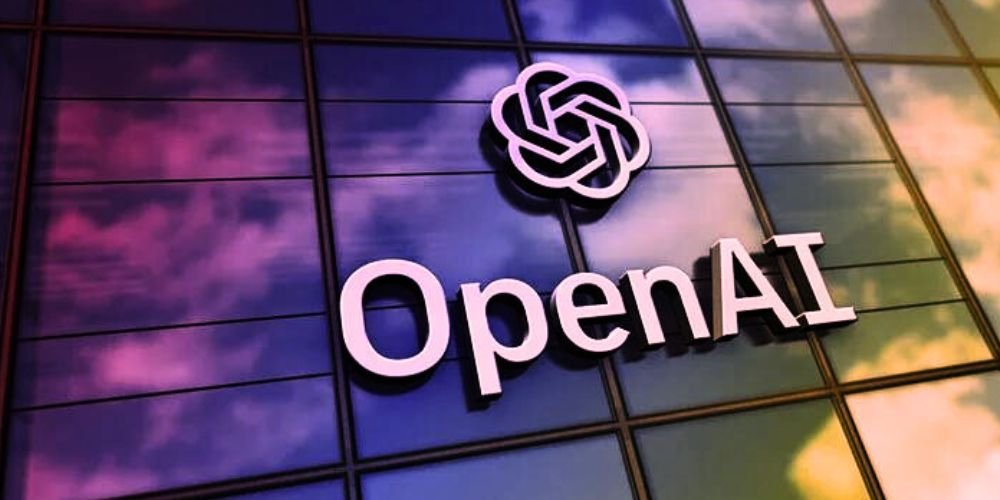Key Points
- Five Canadian media companies sued OpenAI, alleging copyright breaches.
- The lawsuit claims OpenAI used journalistic works to train AI without permission or compensation.
- OpenAI asserts its training methods comply with fair use and international copyright principles.
- The case highlights growing concerns about intellectual property rights in AI development.
Five prominent Canadian news media organizations have launched legal action against OpenAI, the company behind ChatGPT, accusing it of violating copyright laws and online terms of use. The plaintiffs—Torstar, Postmedia, The Globe and Mail, The Canadian Press, and CBC/Radio-Canada—allege that OpenAI used their journalistic content without authorization to develop its AI systems.
This case joins a growing wave of lawsuits against AI developers by authors, artists, and other copyright holders who claim their intellectual property was exploited to train generative AI systems. OpenAI’s major backer, Microsoft, has also faced similar allegations.
In a collective statement, the Canadian news companies criticized OpenAI for using their work for commercial gain without compensation. “Journalism serves the public interest, but OpenAI’s unauthorized use of other companies’ journalism for its own profit is illegal,” the statement asserted.
The legal claim, filed in Ontario’s Superior Court of Justice, demands monetary damages and a permanent injunction barring OpenAI from using their content without consent. The 84-page document outlines allegations of “brazen misappropriation” of intellectual property and emphasizes that the plaintiffs have not received any compensation for OpenAI’s use of their work.
OpenAI has defended its practices, maintaining that its models are trained on publicly available data under fair use principles and international copyright frameworks. A spokesperson stated, “We work closely with news publishers, providing proper attribution and offering opt-out options.”
The lawsuit does not name Microsoft, though the company has been entangled in other legal battles over generative AI. This month, Elon Musk expanded a lawsuit against OpenAI to include Microsoft, accusing both companies of attempting to monopolize the AI market and marginalize competitors.
A similar case in the United States was dismissed earlier this month when a federal judge ruled in favor of OpenAI. The lawsuit, brought by news outlets Raw Story and AlterNet, alleged copyright infringement but failed to prove their claims.
The Canadian plaintiffs argue that the unauthorized use of their content undermines the value of professional journalism and sets a troubling precedent for intellectual property rights in the AI era.




